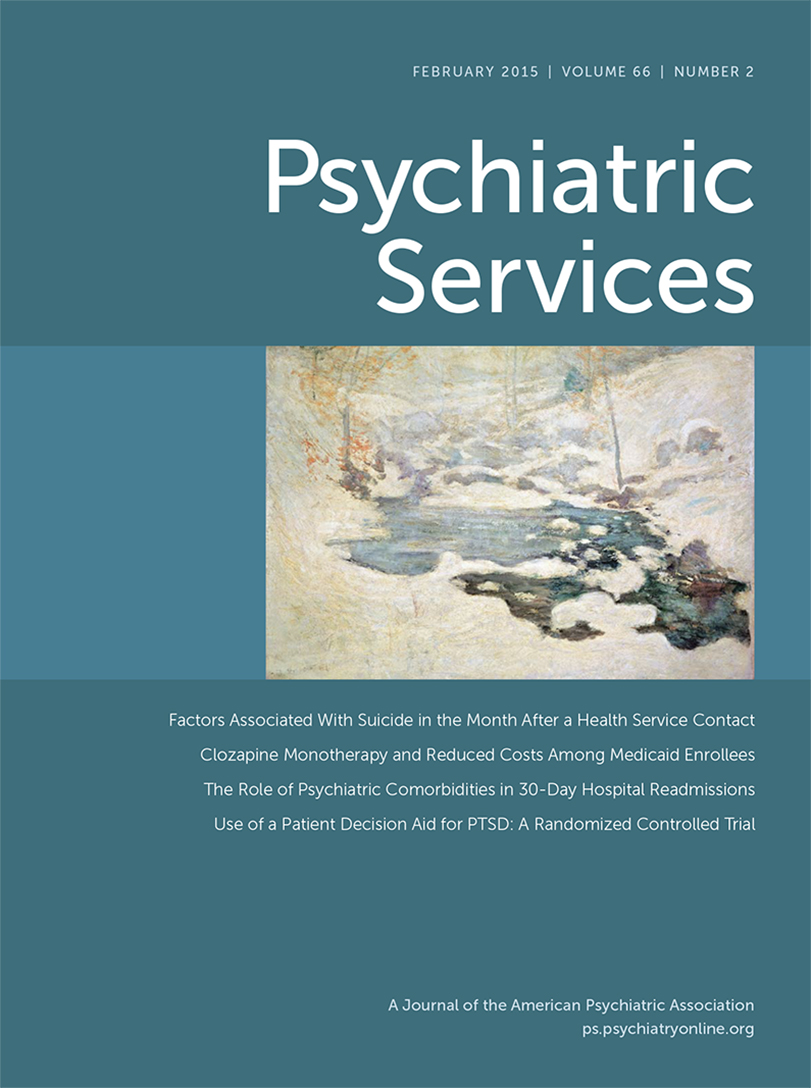Clinicians’ Perceptions of How Burnout Affects Their Work
Abstract
Objective:
The aim of this mixed-methods study was to identify ways that professional burnout may affect clinical work and consumer outcomes.
Methods:
Clinicians (N=120) participating in a burnout intervention trial completed a survey before the intervention, rating their level of burnout and answering open-ended questions about how burnout may affect their work. Responses were analyzed with team-based content analysis.
Results:
Clinicians reported specific ways that burnout affects work, including empathy, communication, therapeutic alliance, and consumer engagement. Clinicians acknowledged negative impacts on outcomes, although few consumer outcomes were specified. Clinicians with higher levels of depersonalization were more likely to report that burnout affects how staff work with consumers (r=.21, p<.05); however, emotionally exhausted clinicians were less likely to report an impact on consumer outcomes (r=–.24, p=.01).
Conclusions:
Reducing professional burnout may have secondary gains in improving quality of services and consumer outcomes; findings point to specific aspects of care and outcome domains that could be targeted.



